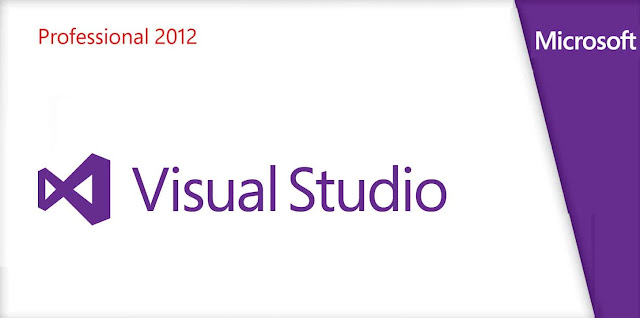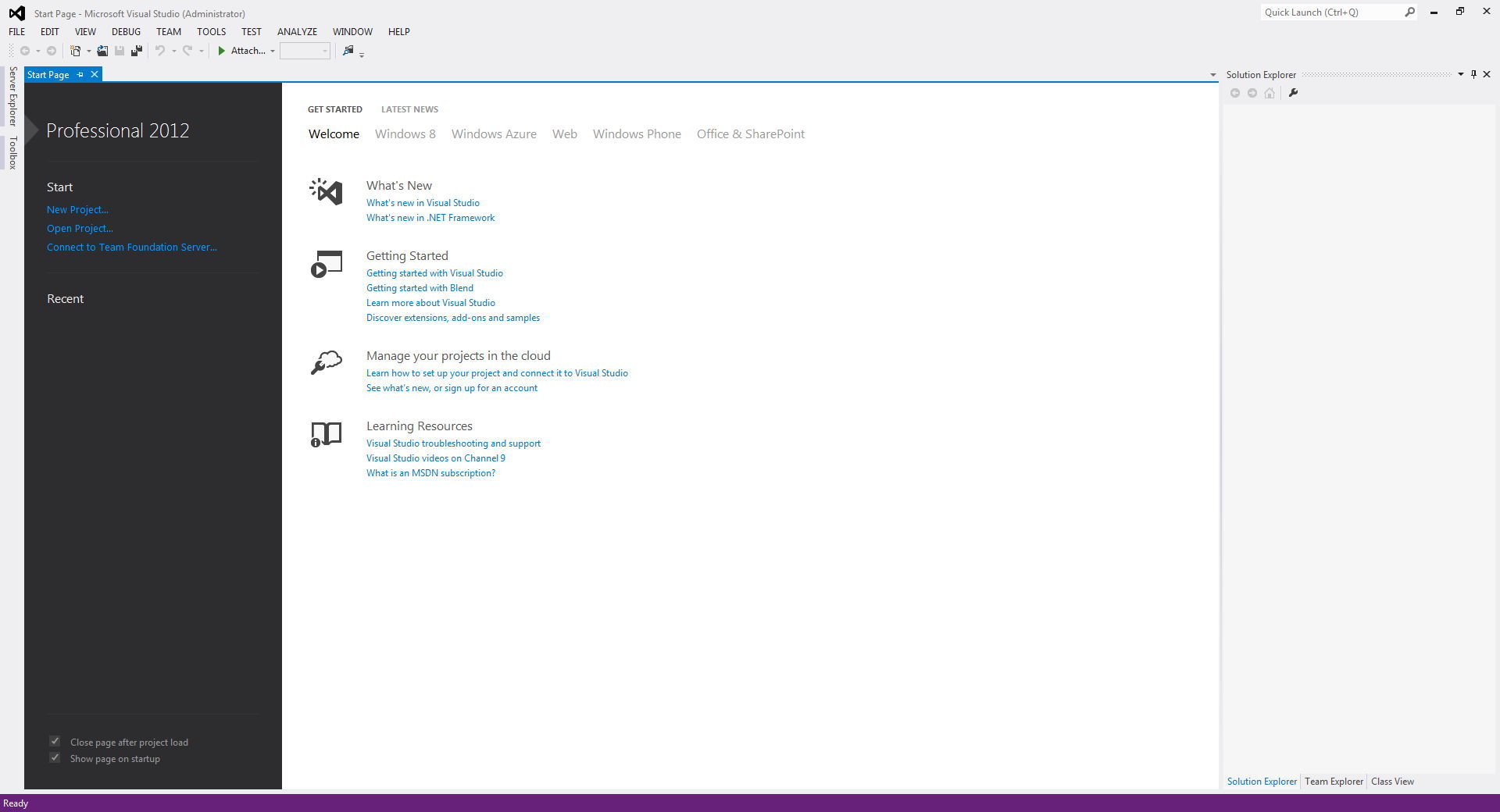
In brief, Visual Studio is an ultimate development environment, and it’s quite heavy. And Visual Studio takes more than 8 GB disk space (according to the components you select). In the latest version of Visual Studio, you can develop cross-platform application without leaving the IDE. Visual Studio is aimed to be the world’s best IDE (integrated development environment), which provide full stack develop toolsets, including a powerful code completion component called IntelliSense, a debugger which can debug both source code and machine code, everything about ASP.NET development, and something about SQL development.

The community version is free, but if you want to make most of it then it is not free. NET related projects (though you can use it for other things). It includes everything from source control to bug tracker to deployment tools, etc.
It is a complete solution mostly used by and for. Like code auto completion, debugger, database integration, server setup, configurations, and so on. As the name indicates, it is an IDE, and it contains all the features required for project development. It is mainly used by developers on a Mac who deal with client-side technologies (HTML, JavaScript, and CSS).  It has limited IntelliSense for Microsoft file types and similar features. It does not have support for Microsoft's version control system Team Foundation Server. It is based on the Electron framework, which is used to build cross platform desktop application using web technologies. It is a competitor of Sublime Text or Atom on Electron. It does not have any scaffolding support. It is mainly oriented around files, not projects.
It has limited IntelliSense for Microsoft file types and similar features. It does not have support for Microsoft's version control system Team Foundation Server. It is based on the Electron framework, which is used to build cross platform desktop application using web technologies. It is a competitor of Sublime Text or Atom on Electron. It does not have any scaffolding support. It is mainly oriented around files, not projects.  Simply it is Visual Studio without the Visual UI, majorly a superman’s text-editor. It's a lightweight source code editor which can be used to view, edit, run, and debug source code for applications. The second most obvious difference is that Visual Studio tends to be oriented around projects & solutions. The "Visual" in Visual Studio (from Visual Basic) was largely synonymous with visual UI (drag & drop WYSIWYG) design, so in that sense, Visual Studio Code is Visual Studio without the Visual! NET has been split into two:Īll native user interface technologies ( Windows Presentation Foundation, Windows Forms, etc.) are part of the framework, not the core. If you really look at it the most obvious difference is that. I will provide a detailed differences between Visual Studio and Visual Studio Code below.
Simply it is Visual Studio without the Visual UI, majorly a superman’s text-editor. It's a lightweight source code editor which can be used to view, edit, run, and debug source code for applications. The second most obvious difference is that Visual Studio tends to be oriented around projects & solutions. The "Visual" in Visual Studio (from Visual Basic) was largely synonymous with visual UI (drag & drop WYSIWYG) design, so in that sense, Visual Studio Code is Visual Studio without the Visual! NET has been split into two:Īll native user interface technologies ( Windows Presentation Foundation, Windows Forms, etc.) are part of the framework, not the core. If you really look at it the most obvious difference is that. I will provide a detailed differences between Visual Studio and Visual Studio Code below.







 0 kommentar(er)
0 kommentar(er)
